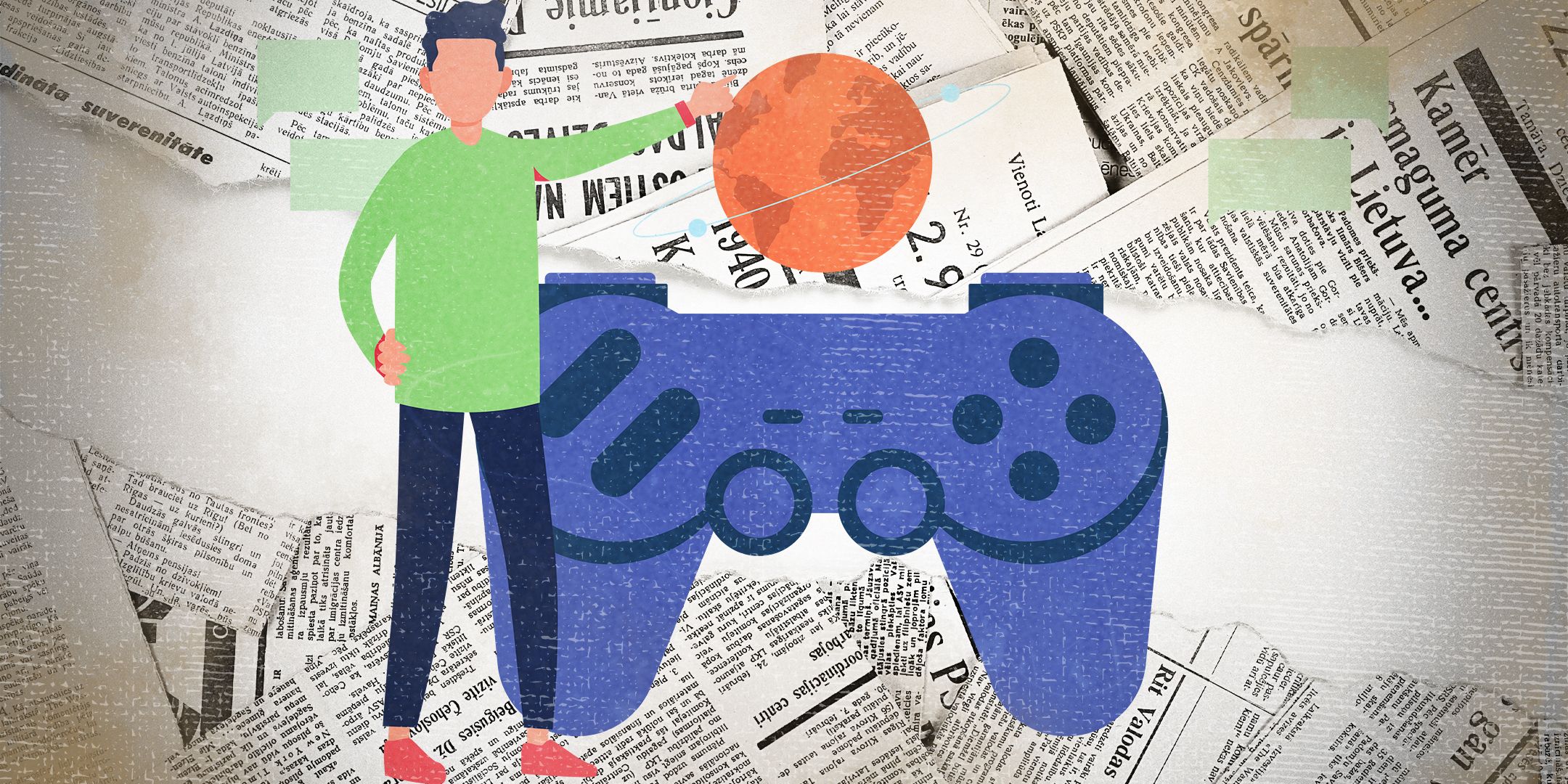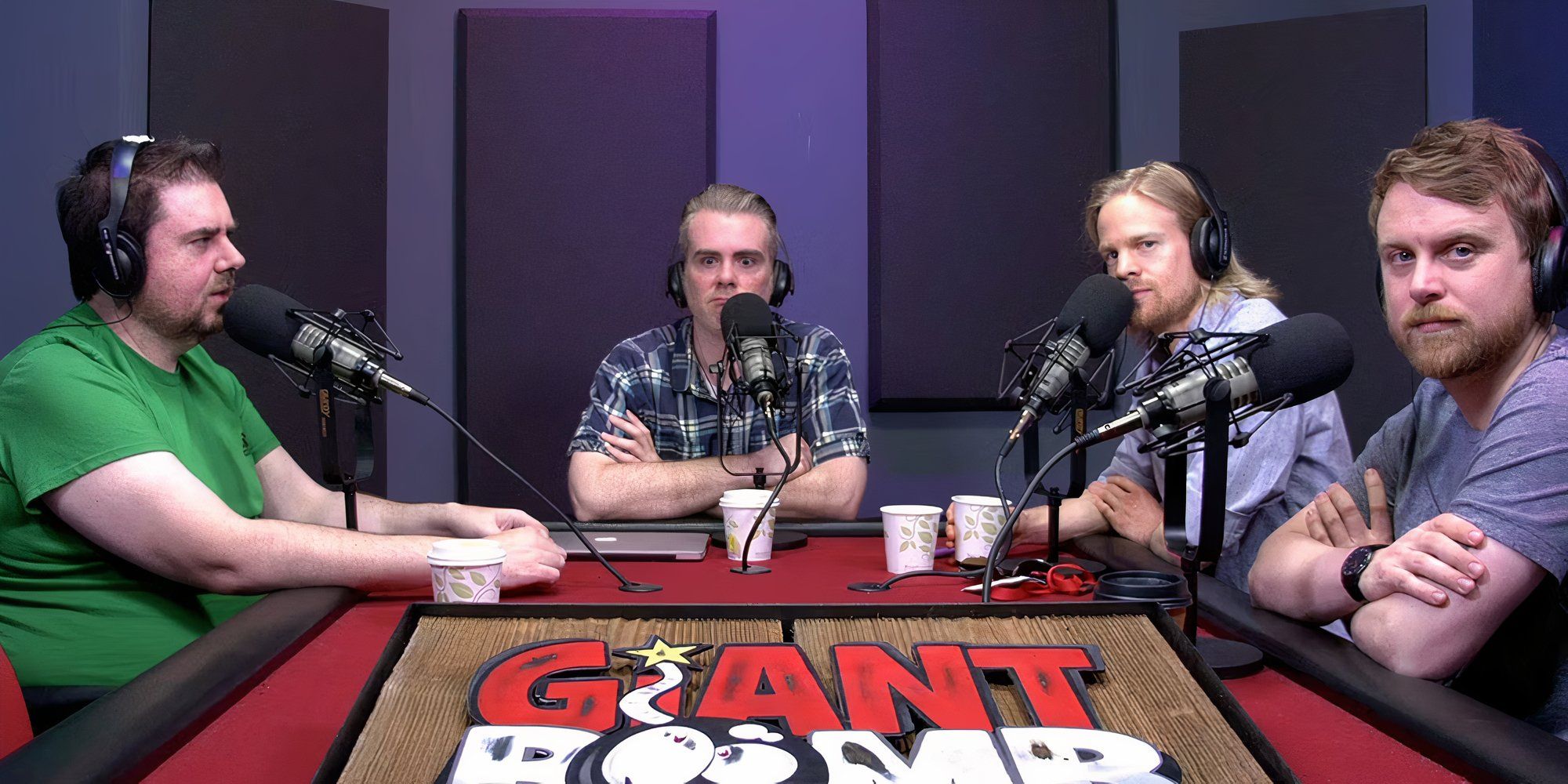This week, IGN Entertainment acquired Rock Paper Shotgun, Eurogamer, GamesIndustry.biz, VG247, and Dicebreaker through its purchase of the Gamer Network (not to be confused with this site, TheGamer, which is owned by Valnet). The purchase resulted in redundancies across the sites, with longtime staffers being let go in the consolidation. Whether you make video games or write about them, consolidation is increasingly common, and often brings with it worries about what the future has in store.
A Shift In The Way We Cover Games
I’ve only been writing about video games professionally since 2018, but in that time I’ve seen the media landscape undergo a seismic shift. I began my career as a freelancer during a time of expansion for games media. Much of my first work was for sites that don’t exist anymore, some of which — like an indie PC site called Old Grizzled Gamers — were founded by enthusiasts who wanted to pay new writers to cover the medium. Others, like Kotaku UK, were extensions of existing brands. Waypoint, a site I followed closely for years, was a Vice vertical, which the larger site spun off to reap the rewards of growing interest in reading thoughtful writing on video games.
Related
After Jacob Geller’s Book, More YouTube Creators Should Release Their Work In Physical Form
How a Game Lives looks like a must-buy for Geller fans, but other YouTubers should embrace physical media, too.
Over time, that media presence has eroded. Big sites like Vice have shuttered their gaming verticals. Not because they weren’t profitable — Waypoint, for example, had a passionate, dedicated audience, and found success with a membership model — but because shareholders want to see constant growth and journalists can’t will bigger and bigger games into releasing every single month. When Elden Ring drops in February, how are you supposed to gin up that level of interest for the next ten months of the year? Many of the independent sites that I was reading and pitching in my early years as a freelancer are gone, too. Not because the people behind the sites stopped loving the medium, but because the amount of work needed to keep their heads above water just stopped being worth it.
There’s generally very little money to be made for most people covering games. I do just fine here at TheGamer, but just about everyone covering the games industry could make twice or three times as much by taking a corporate copywriting gig, or getting into a completely different field altogether. The vast majority of journalists age out of this career because of that, even the ones who are as established as you can get. Andy McNamara, who had been covering the games industry longer than basically anyone as the editor-in-chief of Game Informer, left the magazine to work at EA a few years ago. Andrew Reiner, who had been at the magazine for nearly 30 years, departed in 2022. These aren’t old guys packing it up for retirement. They’re guys with a decade or two left in their careers who are looking for more stability than a games press gig can provide — even a games press gig at a pillar of the industry like GI.
The Giant Bomb Model
For over a decade, there’s been a path for going independent. When Jeff Gerstmann left GameSpot to found Giant Bomb, he created a model that has persisted to this day — Gerstmann even employed it again when he left Giant Bomb to start The Jeff Gerstmann Show. Kinda Funny, Easy Allies, MinnMax, Remap Radio, and Aftermath were all formed by writers and personalities who gained an audience at well-known sites before striking off on their own for a more direct stake in the work and a bigger share of the profits they generate.
Though some of those outlets focus on writing, most are personality-driven, emphasizing podcast and video content. This happens for a few reasons. On the one hand, that’s just where the money is. Conversational, reaction-focused content is easier to make than in-depth reporting or criticism. It also involves less legal risk. You can’t do Jason Schreier’s job, reporting on the ills of the industry, without a legal team backing you up — at least not without risking financial ruin should a big corporation decide to sue.

Related
Game Journalists Aren’t Part Of The Game Industry
Though games critics and reporters cover the industry, we aren’t a part of it.
The Role Of Journalists In This Moment
All of this has led to a world where there just isn’t as much writing about video games anymore. This brings its own problems. For one, we’re living through a pretty dark time for the industry, with corporate consolidation and the demands of shareholders driving closures and near-constant layoffs. It’s the games press’ job to ask corporations tough questions about decisions like that, but there are fewer and fewer journalists trained and paid to do that work. And, given the diminished role of journalists (in games and in culture at large), there’s less pressure for corporations to talk to anyone who would hold them to account.
Journalism doesn’t always lead directly to change, but it can. The intense criticism of Rockstar and Naughty Dog’s crunch practices that was kicked off by Schreier’s reporting in the run-up to the developers’ most recent games has, reportedly, led to changes at both. But the fact that I’ve referenced Schreier twice now points to the problem: there aren’t a ton of people with the support to do that kind of in-depth work in the games space. The hollowing out of games media means that there aren’t many being trained to do it either.
Even when journalism doesn’t lead to direct change, it’s still important. It’s important for readers to be informed about the companies they’re supporting. It’s important that companies know they will be held to account for their actions. It’s important for the industry to move toward transparency instead of away from it. But when fewer and fewer outlets exist to fulfill those purposes, we’re moving further and further in the wrong direction.

Next
Hellblade 2 Showcases The Limitations Of Narrative Blockbusters
Ninja Theory’s harrowing sequel takes control from the player far too much.


